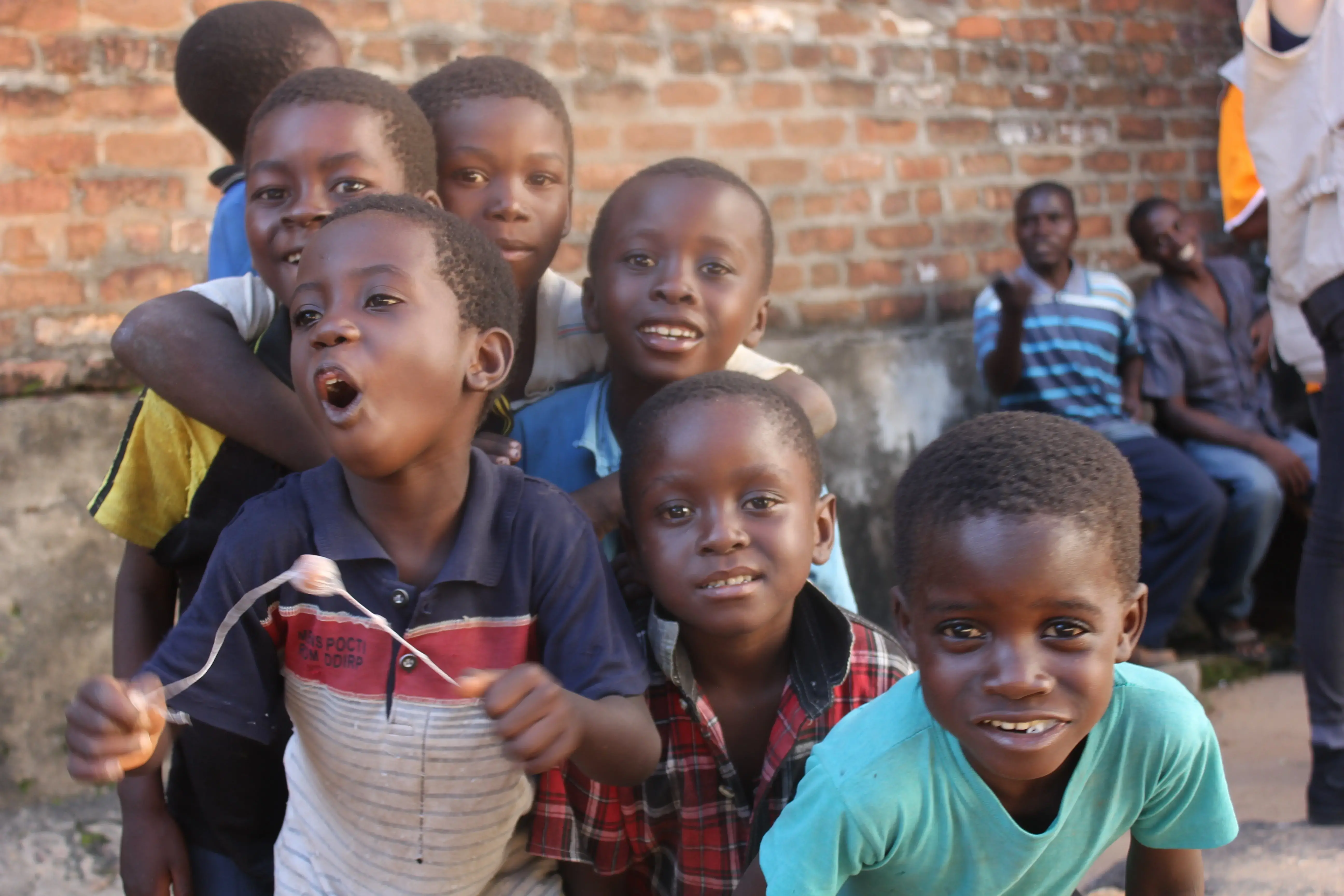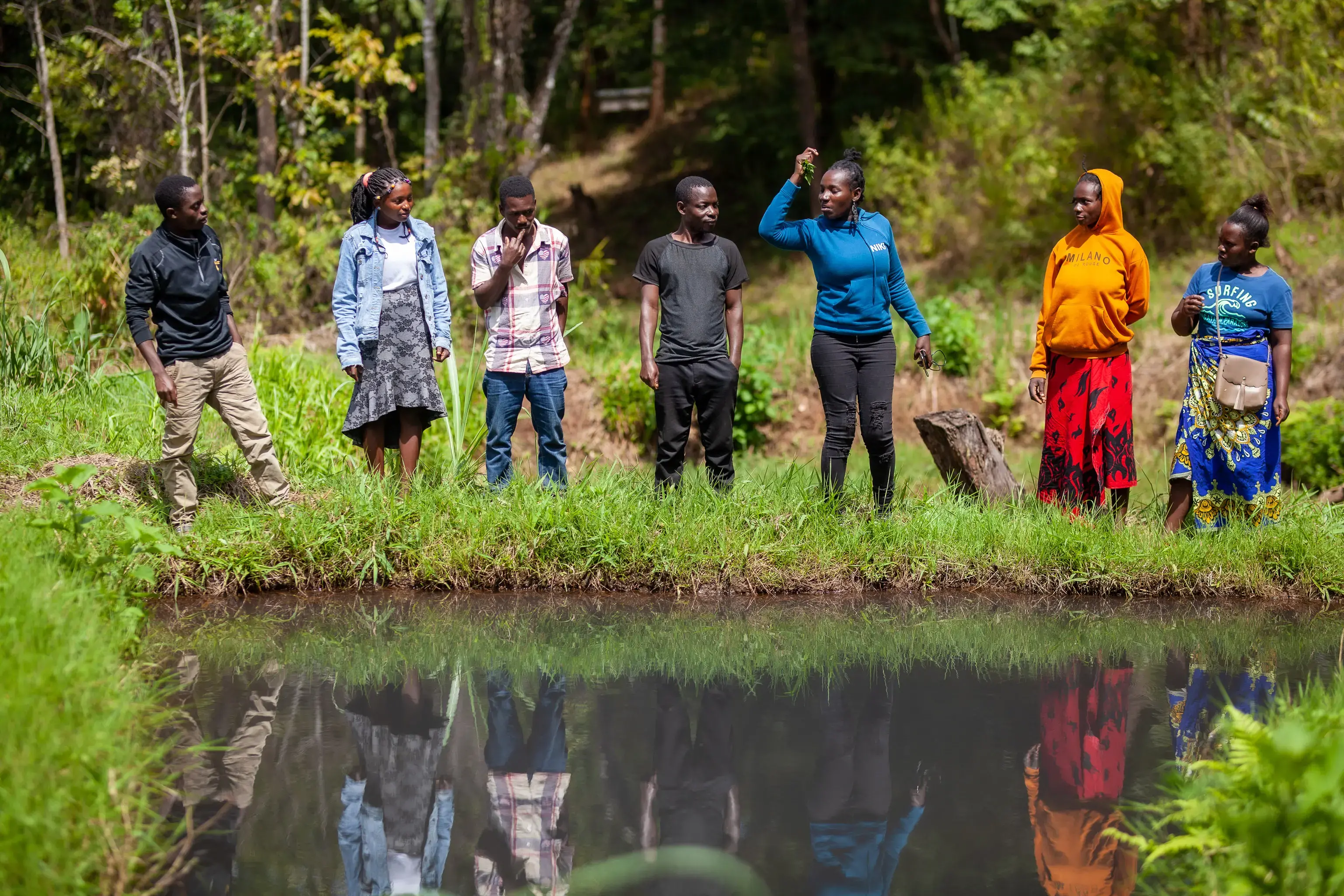Child marriage, a widespread problem in Malawi, is a serious violation of girls’ human rights. It denies their right to health care, to education, to live in security and to choose when and whom they marry. Child marriage has dire consequences for girls.
It reinforces and compromises the health and security of women and girls. It prevents girls from achieving their full economic and social potential. It subjects girls to sexual violence, risky pregnancies, fistula and HIV. And it is linked with early childbearing, leading to death and injury for many young mothers.
In Malawi, 47% women are married before the of age 18
Child marriage jeopardizes girls’ rights, such as the right to education, because new brides are usually forced to drop out of school to bear children and to provide household labour. In addition, married girls have few social connections, restricted mobility, limited control over resources and little or no power in their new households. They are thus especially vulnerable to domestic violence.
The practice excludes girls from making decisions regarding the timing of their marriage and choice of spouse. It marks an abrupt and violent initiation into sexual relations, often with a husband who is considerably older, and a relative stranger.
Why marriage should be delayed
When a girl delays marriage, everyone benefits:
- A girl who marries later is more likely to stay in school, work, and reinvest her income in her family, which helps lead her family and eventually, her community out of poverty.
- A girl who marries later is more empowered to choose whether, when, and how many children to have.
- She and her family are also more educated and healthier.
Malawi outlawes marrying a girl who is below 18 years. However, the practice persists because of strong traditional norms, as well as the failure to enforce existing laws.
Child marriage has a devastating effect
Child marriage can lead to life-threatening health consequences. These young girls are neither physically mature enough nor psychologically ready to become wives and mothers.
Girls are often pressured to have a child soon after getting married, despite being children themselves. Early pregnancy is filled with risks. Preventing child marriage would help reduce the risks of HIV infection, maternal death and disabilities, including obstetric fistula. Complications from pregnancy and childbearing are the number one cause of death for girls aged 15-19 years.
Child brides have limited access to and use of contraception, sexual and reproductive health services and information.






